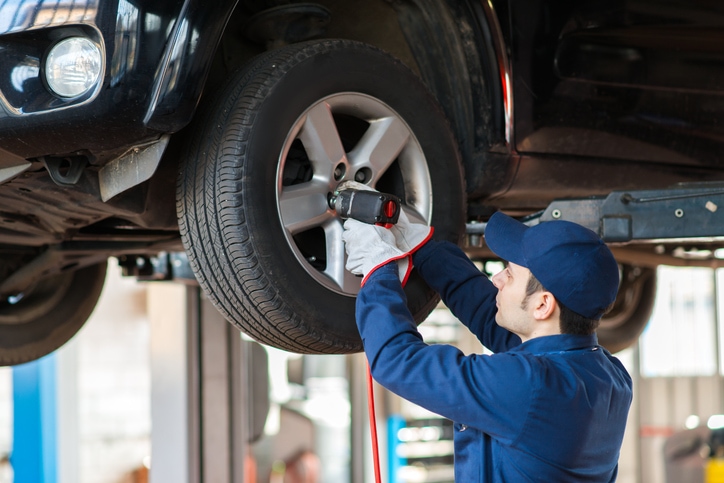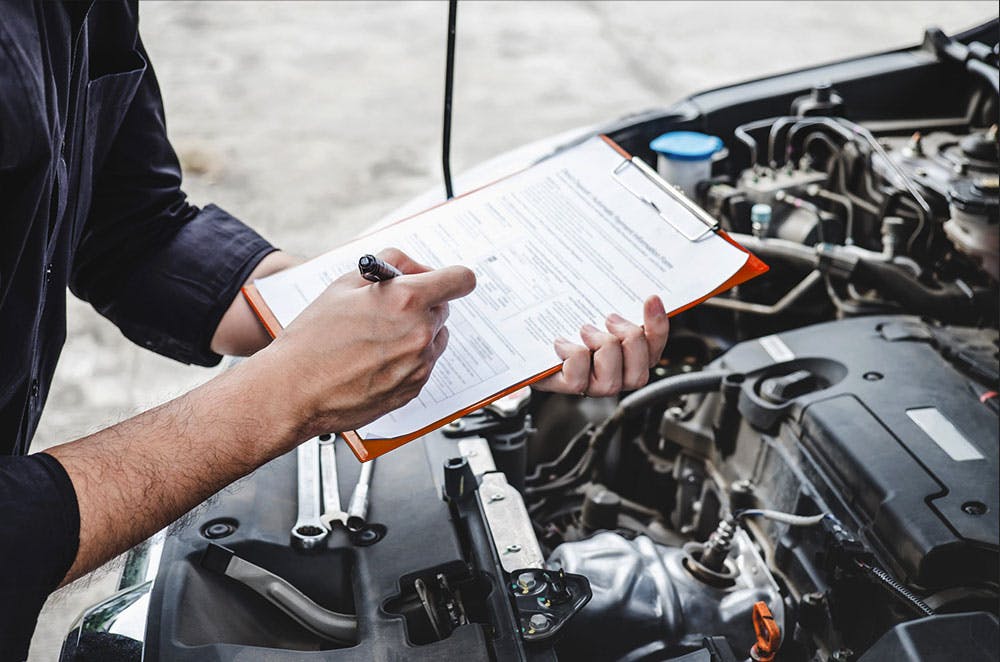All Categories
Featured

The Duty of Diagnostics in Modern Automobile Repair Work
With the intricacy of today's automobiles, diagnostics have become an essential step in car repair service and upkeep. Modern vehicles count on innovative systems, sensors, and software application to function efficiently, making diagnostic devices a requirement for determining and solving concerns. Whether it's a check engine light or an unusual noise, diagnostics help connect the space in between uncertainty and precise repair work options.
What Is Automobile Diagnostics? Diagnostics in automobile repair work refer to the procedure of making use of specialized techniques and devices to recognize troubles within a vehicle's numerous systems. Most lorries are now outfitted with an Onboard Diagnostics (OBD) system that keeps an eye on critical functions such as the engine, transmission, brakes, and electrical parts. When a breakdown takes place, the system creates mistake codes that can be accessed making use of diagnostic scanners.
These mistake codes supply specialists with useful insights right into what's incorrect with the vehicle. For example, a code pertaining to the exhaust system can suggest issues such as a failing oxygen sensor or a stopped up catalytic converter. This information eliminates much of the uncertainty associated with car repair, ensuring effective and precise service.
Exactly How Diagnostics Advantage Lorry Owners. Early Problem Discovery: Diagnostics can reveal problems prior to they escalate. Recognizing minor issues early, such as a falling short ignition system, can stop pricey repair services like engine damages. Expense Efficiency: By determining the specific problem, diagnostics reduce unnecessary labor and parts substitute, saving both money and time. Improved Vehicle Efficiency: Routine diagnostics ensure that your vehicle's systems are working ideally, boosting fuel effectiveness and overall efficiency. Safety Guarantee: Recognizing mistakes in crucial systems like airbags or brakes enhances your security when driving. The Diagnostic Process Explained. A regular analysis session involves numerous actions to make sure thorough assessment and exact results:

Connecting the Scanner: The service technician plugs a diagnostic scanner into the automobile's OBD-II port. This gadget communicates with the automobile's computer system to fetch mistake codes. Interpreting Codes: The retrieved codes are examined and cross-referenced with producer specifications to determine the root cause of the issue. Added Testing: Sometimes, better physical examinations or efficiency tests may be conducted to verify the medical diagnosis and recognize underlying problems. Advanced Diagnostics for Modern Cars. As vehicle technology evolves, diagnostics have become extra sophisticated. Electric automobiles (EVs) and hybrid autos, for example, call for specific diagnostic devices to analyze battery health, electric motors, and regenerative stopping systems. Lorries with driver-assist features like flexible cruise control and lane-keeping systems require precise calibration, which modern diagnostics can help with.
Why Choose Professional Diagnostics? While some fundamental analysis devices are readily available to customers, specialist diagnostics offer unparalleled accuracy. Licensed service technicians have access to sophisticated equipment and get ongoing training to stay upgraded on the current vehicle modern technologies. This proficiency makes sure a much more thorough understanding of your vehicle's concerns, leading to faster and much more effective fixings.
Verdict. Diagnostics are no more optional in lorry repair-- they are important. Routine analysis checks can stop unforeseen failures, save money, and ensure your vehicle runs smoothly for several years to come. Whether you drive a standard car, a crossbreed, or an EV, counting on specialist analysis solutions will certainly maintain your vehicle in top condition and give assurance on the road.
Latest Posts
Uncover the Premier Auto Repair Coupons in Montclare, Chicago
Published May 25, 25
1 min read
Check Out Premier Auto Repair Care offered by Montclare Auto Repair – Drive with Confidence
Published May 23, 25
1 min read
Enhance Your Building with Overhead Door Equipment
Published May 22, 25
1 min read
More
Latest Posts
Uncover the Premier Auto Repair Coupons in Montclare, Chicago
Published May 25, 25
1 min read
Check Out Premier Auto Repair Care offered by Montclare Auto Repair – Drive with Confidence
Published May 23, 25
1 min read
Enhance Your Building with Overhead Door Equipment
Published May 22, 25
1 min read